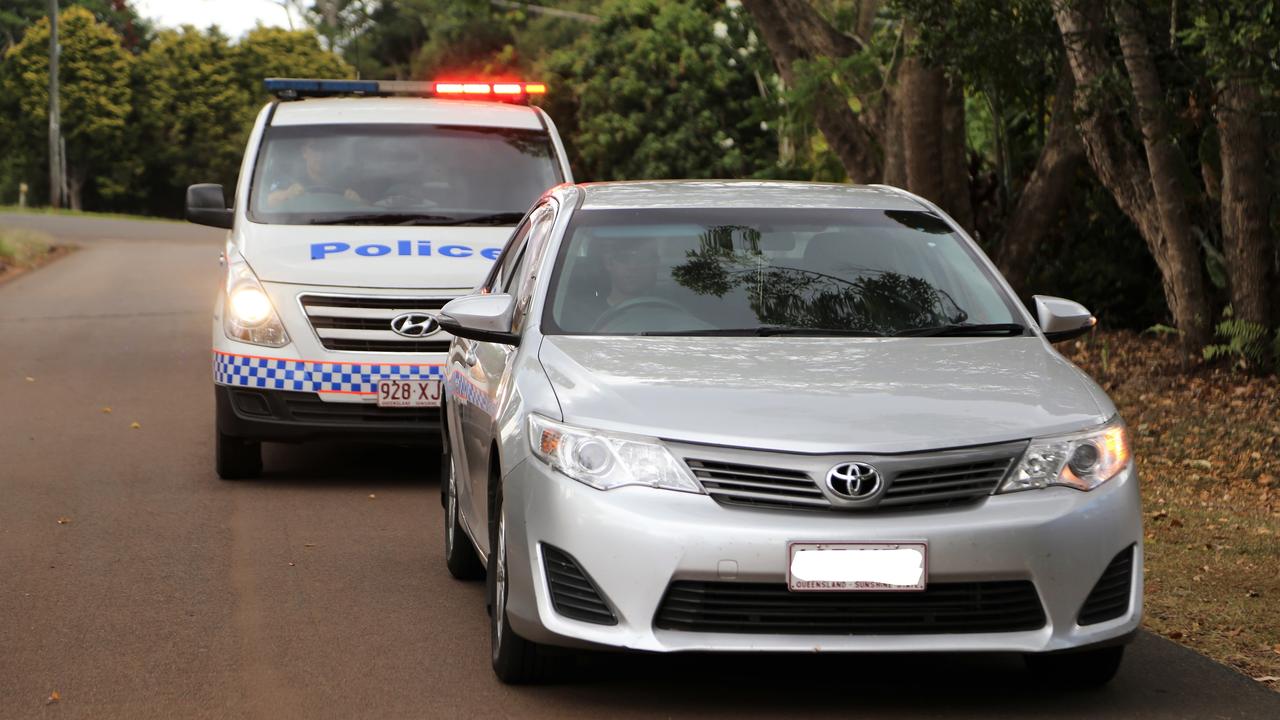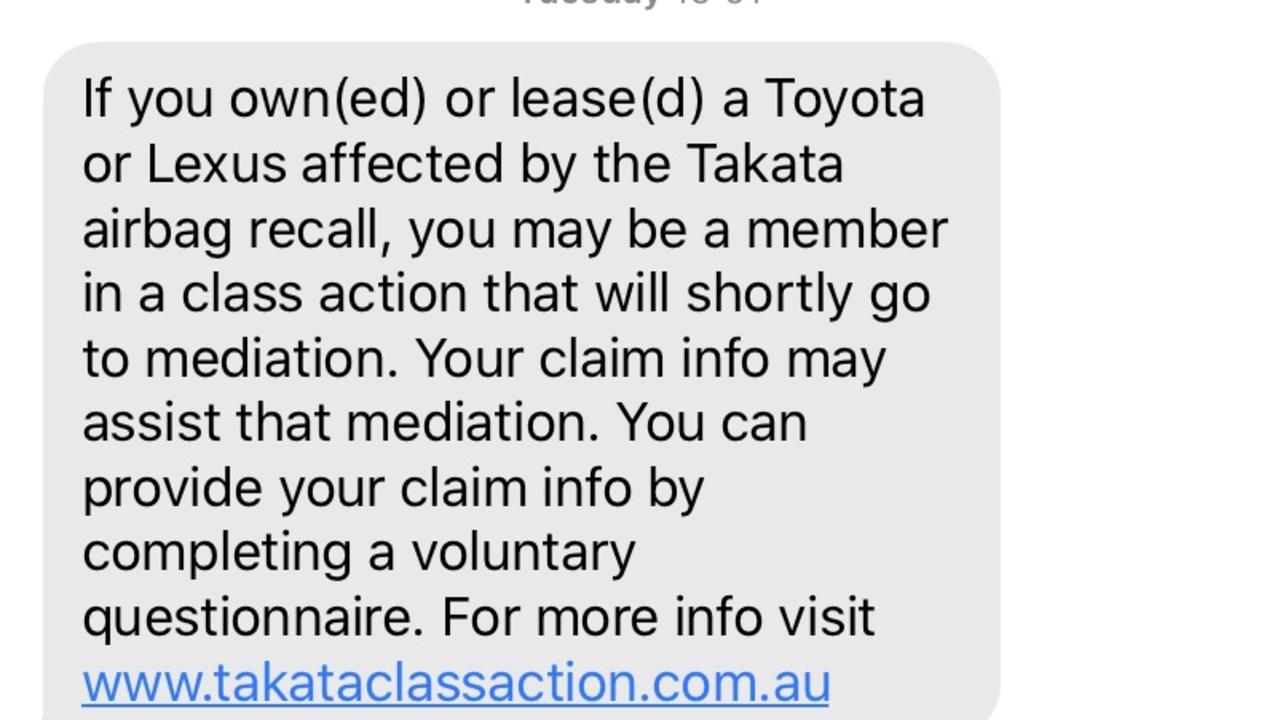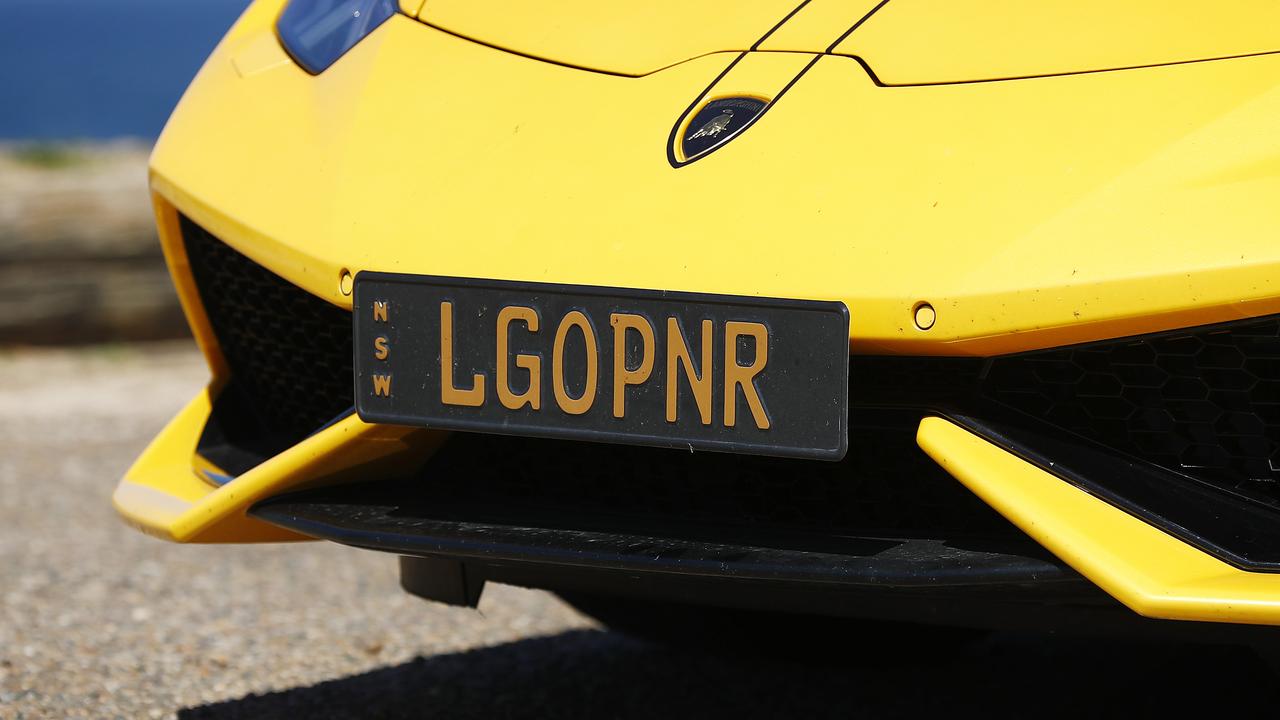Calls for bold new road user tax as electric vehicle numbers rise
THERE is a growing push to introduce a radical new tax that would see motorists pay per kilometre they drive.

CALLS are growing louder for an overhaul to the way the federal government pays for road infrastructure, with some pushing for a radical new tax that would see drivers pay per kilometre they drive.
Road market reform has been on the government’s agenda for years but industry groups are warning that the growing adoption of electric vehicles is leading to a two-tiered system that benefits those with expensive new electric vehicles.
Along with vehicle registration fees, the federal government’s largest source of transport-related revenue is the fuel excise. It collects 41 cents in tax on every litre of petrol and diesel sold at the pump in Australia, contributing about $12.6 billion annually to government coffers.
While not all of that money is earmarked for road and transport infrastructure, it is the main way the government recoups the cost of roads from those who use them the most.
But the growing adoption of electric vehicles (EVs) means the revenue derived from the fuel excise is shrinking as some drivers exit the pool, leaving those with petrol-guzzling cars carrying the load.
Infrastructure Partnerships Australia chief executive Adrian Dwyer is among those calling for a new “fairer” road user pricing system to be adopted.
Mr Dwyer is supportive of the EV revolution which he says will “provide huge opportunity and huge benefits but it also comes with challenges. And one of those challenges is how do you pay for the infrastructure in the future when the current way we pay for roads is through fuel excise.”
In the coming days, Mr Dwyer and Infrastructure Partnerships Australia will submit a report to an ongoing parliamentary inquiry into electric vehicles, outlining the organisation’s push for a new road user tax.
“Right now if you’re driving an electric vehicle, you’re not making a contribution at the point of use,” Mr Dwyer told news.com.au.
“You pay lots of upfront charges — things like stamp duty, luxury car tax, import duties and others — but at the point of use you don’t contribute towards using those roads.”
Mr Dwyer would like to see the government remove those upfront impediments such as the luxury car tax on EVs to further encourage consumers to buy electric vehicles and believes scrapping them for a road user pricing model would be a more equitable outcome.
“We should be unashamedly pro electric vehicles, but we should do that alongside having a fairer system of paying for roads,” Mr Dwyer said.
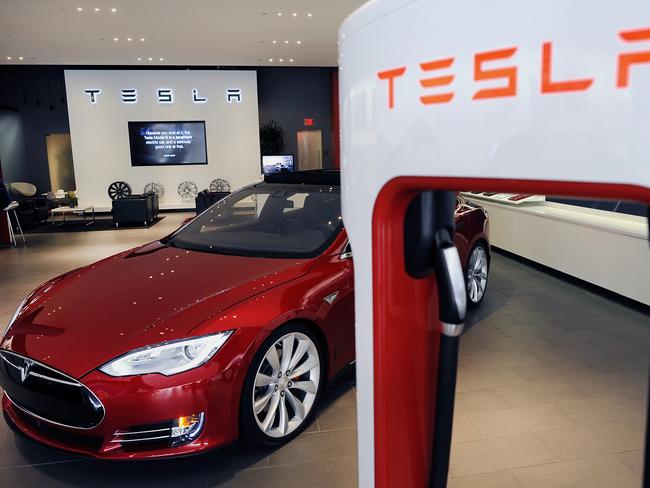
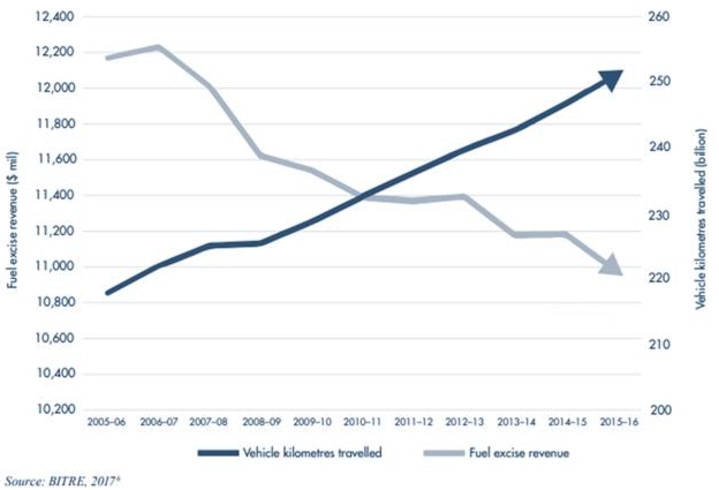
There are a number of ways a new road use pricing system could work.
Essentially, the proposition would involve your car sending an odometer reading at the end of each month or quarter to the requisite authority and you would be charged accordingly.
“It would be like the same way you receive your phone bill,” Mr Dwyer said. “These are really modern vehicles. They’re in constant contact with base so it’s not a huge leap to work out that you could do an odometer reading. It doesn’t need to know where you’ve been.”
Alternatively a small device like an e-TAG would be fitted in your vehicle and each month you would receive a charge that is calculated by which roads you used, how far you travelled and what time of day you did it.
While such an idea raises obvious privacy concerns, the data collected could be used to improve city infrastructure and give planners a better idea about how to mitigate road congestion.
THE ELECTRIC VEHICLE REVOLUTION IS RAMPING UP
By not having an equivalent fuel excise for EVs, industry experts say the current system is unfairly costing those with traditional combustion engines.
Someone driving a $105,000 Tesla Model S is not contributing to the public purse in the same way as someone driving an old station wagon, for example.
Infrastructure Australia chair Julieanne Alroe is one of those people who has opted out of the fuel excise.
Speaking at a CEDA lunch (Committee for Economic Development Australia) earlier this month, she told the audience that she owns an electric vehicle which she recharges using solar panels on her house. As a result she has not been to a petrol station in more than 18 months.
“I’m no longer paying my fuel excise,” she said. “If in a couple of years we do see big take-up of EVs … we will not have enough money to fund the maintenance on our roads, much less the development of new roads.”
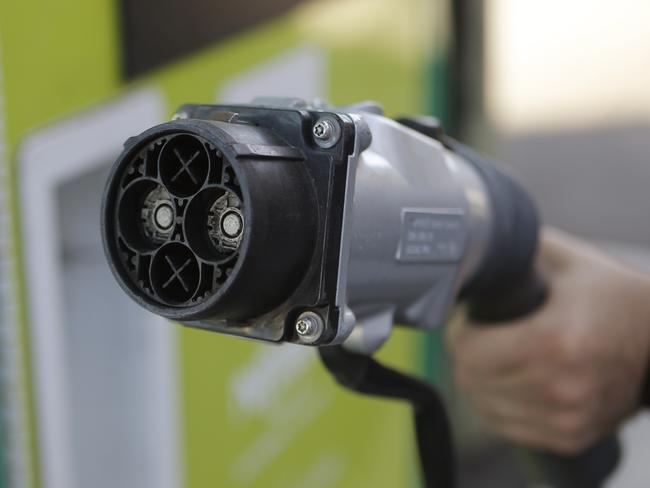
Over the coming year, Nissan, Renault and Hyundai will join Tesla in introducing new electric vehicle models in Australia priced between $35,000 and $50,000.
While most Australians likely can’t afford a new car, the increased availability of vehicles at these lower prices and the emergence of a second-hand market means EV adoption is expected to jump dramatically in the coming years.
The motor vehicle census, released on Friday by the Australian Bureau of Statistics, shows that the number of electric vehicles registered in the country has increased by 160 per cent in the last five years.
There are more than 8330 electric vehicles on Australian roads and more than 200,000 cars in the dual-fuel category including hybrid cars that are part electric.
“We think that there will be between 8000 and 12,000 electric vehicles sold in Australia next year,” Mr Dwyer said. As that number continues to rise, “it will become a much more prickly problem to solve”.
The government predicts that by 2030 electric cars will make up about one-third of all cars on the road. The Electric Vehicle Council puts that number even higher, predicting that under supportive policy EVs could make up 60 per cent of vehicles by the end of the next decade.
As pointed out by the Australian Automobile Association in a blog post this month, re-examining the fuel excise has been on the government agenda for a while.
In November 2016, the government said it would initiate “a study, led by an eminent Australian, into the potential benefits and impacts of road user charging”.
However more than a year-and-a-half later, no inquiry has yet been announced.
Labor has indicated it has no plans for road user pricing.


